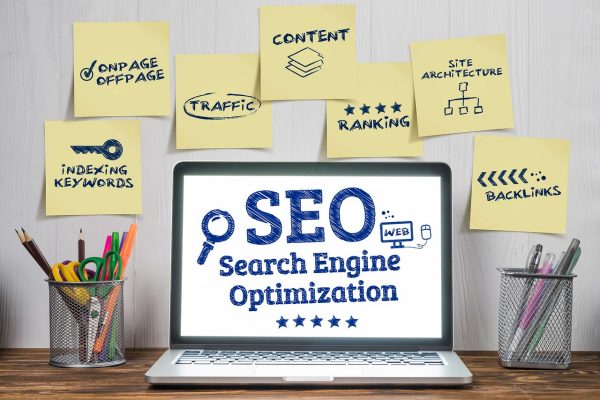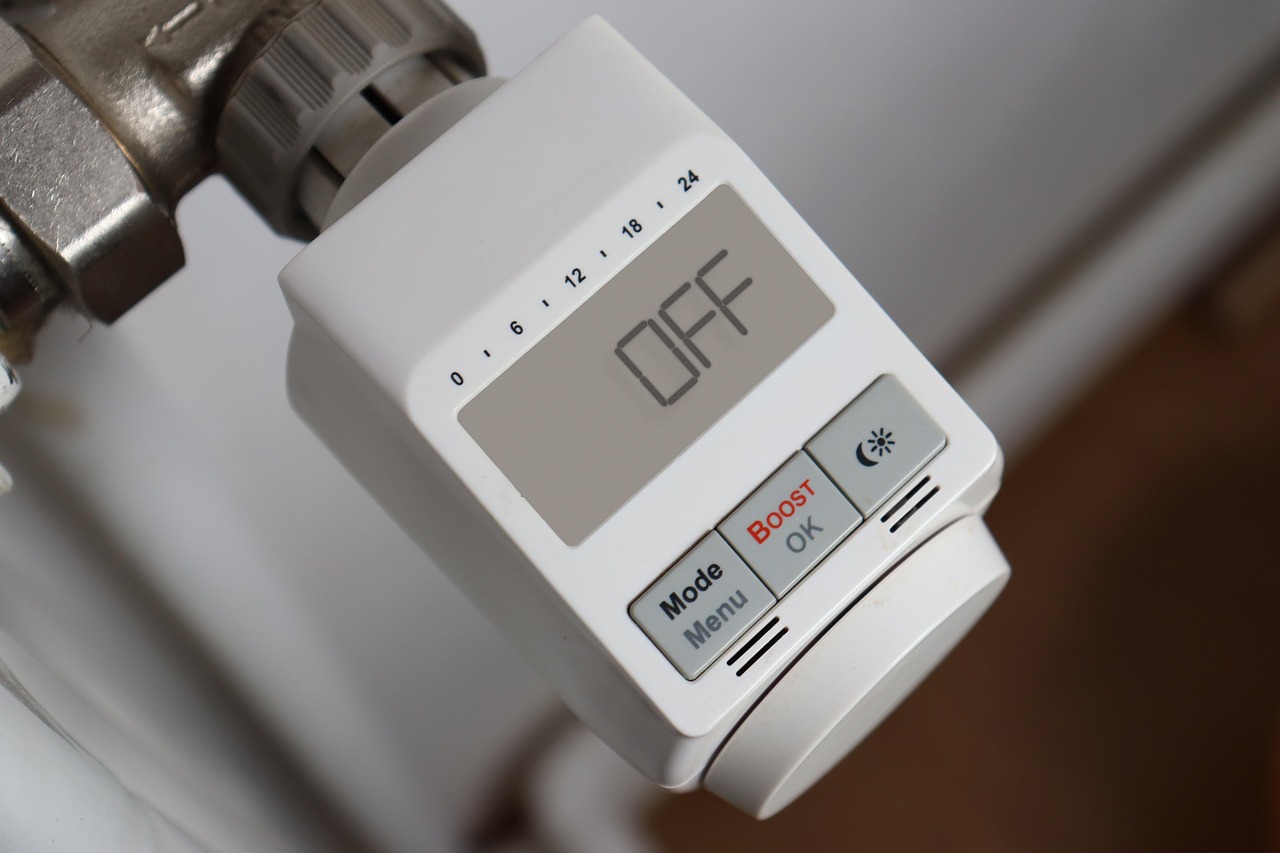

How to Claim £7,500 Toward a Heat Pump in 2025: A Homeowner’s Guide
How to Claim £7,500 Toward a Heat Pump in 2025: A Homeowner’s Guide
Transitioning from a traditional gas boiler to a heat pump has never been more appealing. With the recent 50% increase in funding for the Boiler Upgrade Scheme, homeowners in England and Wales can now secure up to £7,500 toward the installation of a low-carbon heat pump. That’s not just a generous rebate . It’s a key opportunity to future-proof your home, reduce energy bills, and promote environmental responsibility. Yet with any government scheme, questions abound: Am I eligible? What exactly do I need to do to claim the money? Let’s break it down step by step, so you can confidently start your journey to a warmer, greener home.
What Is the Boiler Upgrade Scheme . And Who Qualifies?
The Boiler Upgrade Scheme (BUS) is a government-backed initiative designed to drive the adoption of low-carbon heating systems. Launched with bold carbon reduction targets in mind, the scheme has gained even more momentum for 2025 with a sizeable funding boost and streamlined access for more homeowners.
Who Is Eligible in 2025?
Eligibility isn’t as complicated as you might think. Provided you’re a homeowner in England or Wales with an existing property (not a new-build), you’re already off to a good start. Here’s what you should know:
- The property must be a single home (domestic dwellings, including detached, semi-detached, bungalows, flats, and maisonettes are all in scope).
- Your existing heating system should rely on fossil fuels, such as gas, oil, or LPG.
- You must have a valid Energy Performance Certificate (EPC) with no outstanding recommendations for loft or cavity wall insulation (this reflects a focus on overall home energy efficiency).
- If you recently purchased a home, you can still apply, but you must provide proof of ownership.
One more note: new builds are typically excluded, except when you’re building your own home (a self-build project). The government wants the biggest carbon-cutting results from upgrading older heating systems.
Ever wondered who manages the logistics? The scheme is overseen by Ofgem, ensuring strict eligibility and compliance checks at every stage.
What Heat Pump Types Can You Get With the Grant?
Let’s clarify the options. The Boiler Upgrade Scheme supports two primary types of heat pumps. Air-source and ground-source:
- Air-Source Heat Pumps (ASHPs): These units extract heat from the outside air, even when it’s chilly. They’re compact, suitable for most suburban homes, and generally more affordable to install. Most households find them easier to retrofit.
- Ground-Source Heat Pumps (GSHPs): These tap into the relatively stable warmth underground, using buried pipes. While installation can be more disruptive at first (think digging up the garden), ground-source systems often deliver increased efficiency and long-term savings, especially for larger or rural properties.
Both types must meet strict efficiency, performance, and capacity standards. Only Microgeneration Certification Scheme (MCS) approved models are eligible. Hybrid heat pump systems (units that still rely on a gas boiler) do not qualify for funding. The same goes for properties with recent upgrades that aren’t yet reflected in an EPC.
Step-by-Step: How to Apply for the £7,500 Heat Pump Grant
Ready to take the plunge? The application process is designed with clarity in mind, though working with the right installer can make all the difference. Here’s how things typically unfold:
1. Find an MCS-Certified Installer
Start by selecting a certified installer trained to the Microgeneration Certification Scheme standard. These professionals not only fit heat pumps but also handle the bulk of the paperwork. Many reputable firms offer a free home assessment and quote.
2. Confirm Your Eligibility and Obtain an EPC
Your installer will check your eligibility against scheme requirements and ask for an up-to-date Energy Performance Certificate. Address any insulation upgrades first if needed.
3. Receive and Approve a Quote
Once the installer has assessed your home, you’ll get a quote. At this stage, confirm that the installer will also submit your application to the Boiler Upgrade Scheme. Homeowners never receive the grant directly. The money is credited straight to the installer, reducing your bill upfront.
4. Application Submission
Your installer gathers documents, registers the application with Ofgem, and manages the bureaucracy. Sit back and monitor progress. You’ll be updated at each stage.
5. Installation & Commissioning
Once approved, work begins. The grant is deducted from your total bill. Your installer will ensure the system is commissioned to MCS standards, a key step for warranty and ongoing support.
Timeframes can vary, but the scheme requires that installations and paperwork be completed within 120 days of the initial application. Staying organised keeps the process smooth.
What Will You Pay After the Grant?
While a £7,500 injection covers a hefty share, understanding the remaining costs is essential. Here’s a birds-eye view:
- Air-Source Heat Pumps: In 2025, the typical installation cost ranges from £7,000 to £13,500. After the grant, most homeowners pay between £0 (fully covered entry-level systems) and £6,000, depending on system size, property layout, and specific requirements.
- Ground-Source Heat Pumps: These start around £14,000 and can reach £20,000 or more for larger homes. After the grant, expect out-of-pocket expenses between £7,000 and £12,500.
Other costs may arise if upgrades to radiators or underfloor heating are necessary, or if your home insulation needs attention before installation. Always ask your installer for a complete breakdown and discuss possibilities for spreading any remaining payments.
Why MCS Certification Is Non-Negotiable
If there’s one non-negotiable rule, it’s using a Microgeneration Certification Scheme (MCS) accredited installer and products. What does this mean for you?
- Guaranteed Quality: MCS certification signals your installer meets rigorous standards of workmanship and technical competence. This assurance delivers both safety and system reliability.
- Mandatory for Funding: The grant is only available for installations handled entirely by MCS-accredited professionals using approved products. Without this, you forfeit eligibility.
- Long-Term Support and Warranty: Certified work unlocks product warranties and future support. A serious benefit for such a major investment.
Ask to see your installer’s up-to-date MCS credentials before signing any agreement. The government maintains a register for homeowners to check reputable firms quickly and easily.
Professional Perspective: Why This Matters for Home Health
Beyond energy savings and environmental gains, upgrading to efficient heating solutions can positively affect your living environment. Proper temperature management, humidity control, and air flow are crucial for spinal health and comfort. Especially for individuals recovering from skeletal injuries or dealing with conditions like sciatica. A consistent, supportive indoor climate can reduce musculoskeletal stress during colder months.
From an ergonomic viewpoint, reducing cold drafts and uneven heating contributes to better postural habits and overall wellbeing. While transitioning to heat pumps isn’t a direct chiropractic treatment, an efficiently heated home supports movement, recovery, and daily comfort. As always, these are educational considerations and not tailored medical guidance. Consult a registered health or rehabilitation professional if you have individual health concerns.
Ready to Future-Proof Your Heating?
Securing a £7,500 heat pump grant may feel daunting at first sight, yet those who act now place themselves firmly at the forefront of both cost savings and sustainable living. A warmer, more efficient home isn’t just good for the planet. It’s a wise move for personal comfort, household budgets, and even musculoskeletal wellbeing.
Take these steps, work with accredited professionals, and join the growing community of homeowners embracing cleaner heating technology. A single decision today can shape your home’s comfort. And its future. For decades.
Disclaimer: The content in this article is for general informational purposes only. It should not be interpreted as personal medical advice or directions for specific treatment. Always consult a qualified healthcare or rehabilitation professional when considering decisions that might impact your health.
Frequently Asked Questions
What types of homes qualify for the Boiler Upgrade Scheme in 2025?
Both detached and semi-detached houses, bungalows, flats, and maisonettes in England and Wales are eligible, provided the property isn’t a new build (unless it’s a self-build project) and is currently heated by fossil fuels.
Can I apply for the grant if my property needs extra insulation?
If your Energy Performance Certificate lists recommendations for loft or cavity wall insulation, you will need to address these first. Installation must occur before you become fully eligible for the grant.
Do I receive the £7,500 directly as the homeowner?
No, the grant is paid directly to your MCS-certified installer. The installer deducts the amount from your final bill, simplifying the process and reducing upfront costs.
Is ongoing maintenance of a heat pump complex or expensive?
Heat pumps require regular checks, but much of the maintenance is simple, such as cleaning filters and ensuring airflow. An annual service from an MCS-certified professional is recommended to maintain warranty and performance.
Are there other benefits for health and wellbeing from upgrading to a heat pump?
Efficient heating and enhanced indoor climate can reduce physical strain, particularly for people with spinal or musculoskeletal conditions. However, for individual medical concerns or rehabilitation advice, consult a healthcare professional.






